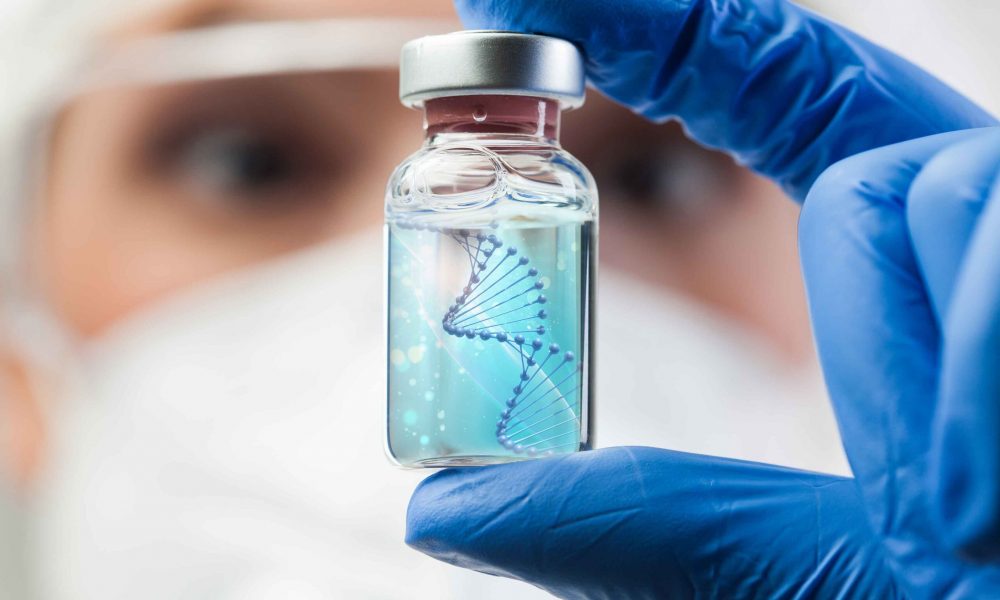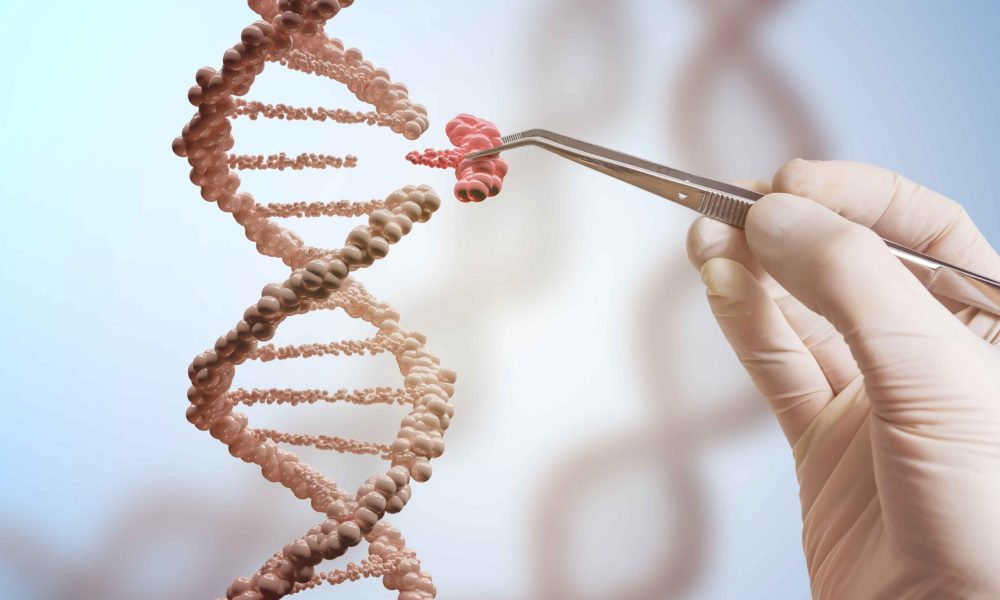QPS is a leader in Gene Expression, Translation and utilizing Genotyping to accelerate pharmaceutical breakthroughs.
Gene Expression Profiling
Assay Validation
Gene expression analysis is a way of monitoring the activity of genes as a result of normal cellular function, disease states or changes in the environment. Expression analysis aids the drug development process by identifying new drug targets, aiding the discovery and validation of clinical biomarkers linked to human disease, monitoring disease progression, predicting the function of novel genes, understanding variability in response to drugs and predicting the toxicity of drugs. Depending on the scale performed, expression profiling can examine one specific gene of interest or thousands of genes at once to create an overall picture of cellular function.

Custom-Built Method Validation
Analysis of gene expression typically involves measuring the relative amount of mRNA expressed in two or more experimental conditions and is generally performed using microarrays or real-time polymerase chain reaction (PCR). There are also methods available to examine epigenetic control of gene expression.

Flexible Approach to Quantification
At QPS, we use top-quality starting material for successful downstream molecular applications. QPS offers automated RNA isolation and banking from many matrices, including whole blood, plasma, serum, tissues, FFPE biopsy sections or cultural cells. QPS utilizes leading technology platforms for gene expression analysis including Applied Biosystems’ TaqMan® platform for real-time PCR (including TaqMan low density arrays), and Affymetrix Genechip® microarrays for identification of DNA methylation status. We also perform western blot analysis, functional assays, and cell-based assays.

Genotyping
Genotype testing will provide a genetic basis for target identification, toxicity prediction, dosing determination and for making treatment decisions. Using the focused combination of genetic and protein biomarkers to screen for biological activity increases the likelihood of useful clinical activity.
Examples include:
- UGT1A1 genotyping for Irinotecan toxicity prediction.
- CYP2D6 genotyping to help in tamoxifen therapy management for breast cancer patients.
Genetic biomarkers are important in the drug development process because they can provide information about the potential risk associated with specific genes. Some examples include ApoE genotyping, which is used to determine patient inclusion/exclusion, and patient stratification in Alzheimer’s disease clinical studies. To support patient inclusion/exclusion decision making, we offer turnaround results in 48-72 hours.





